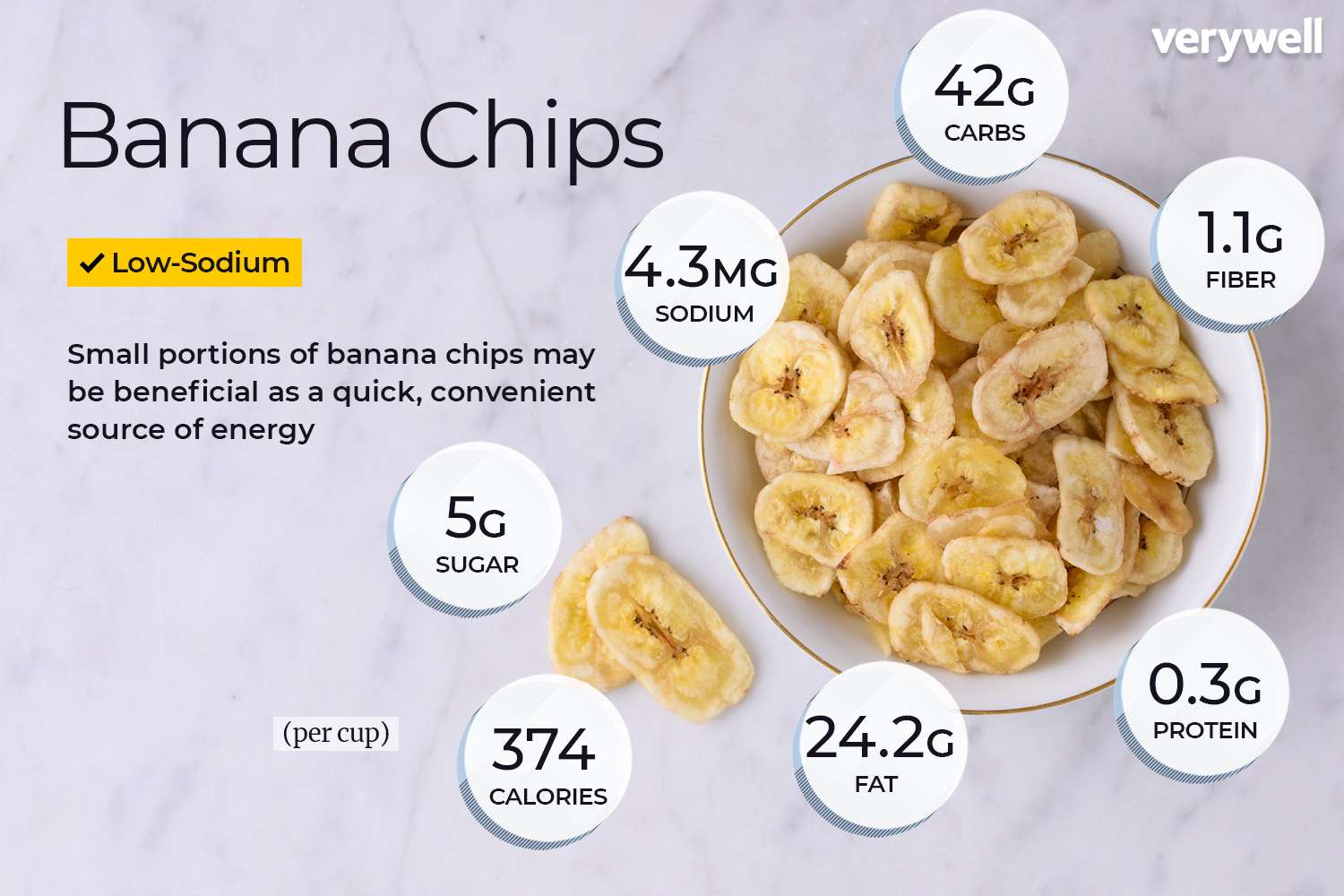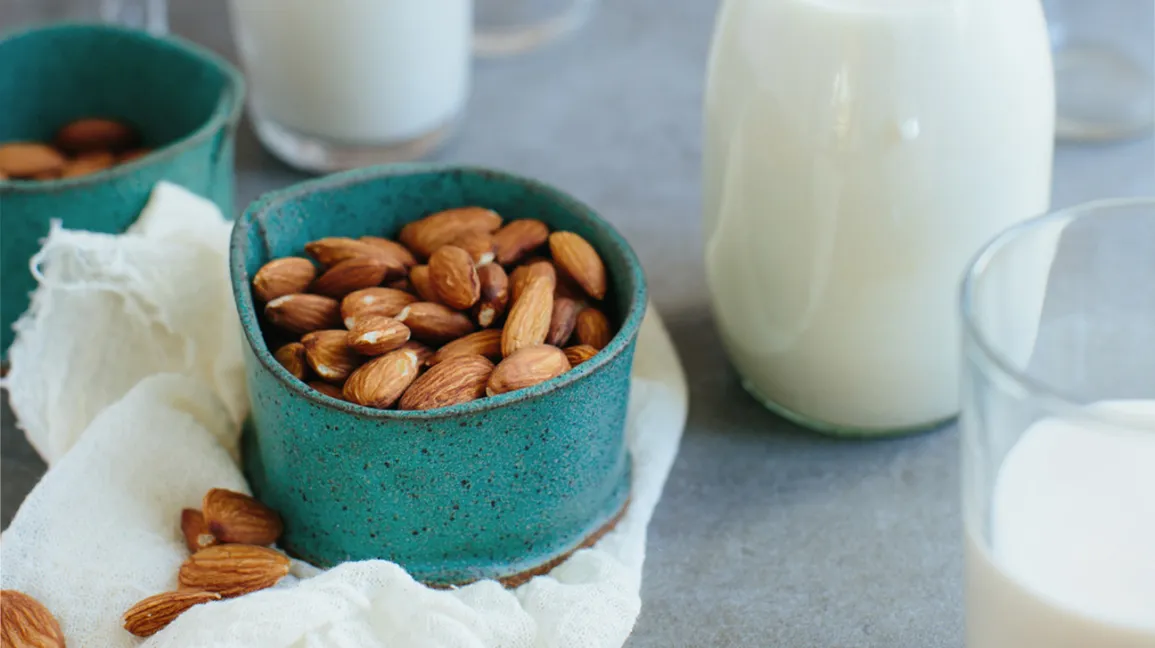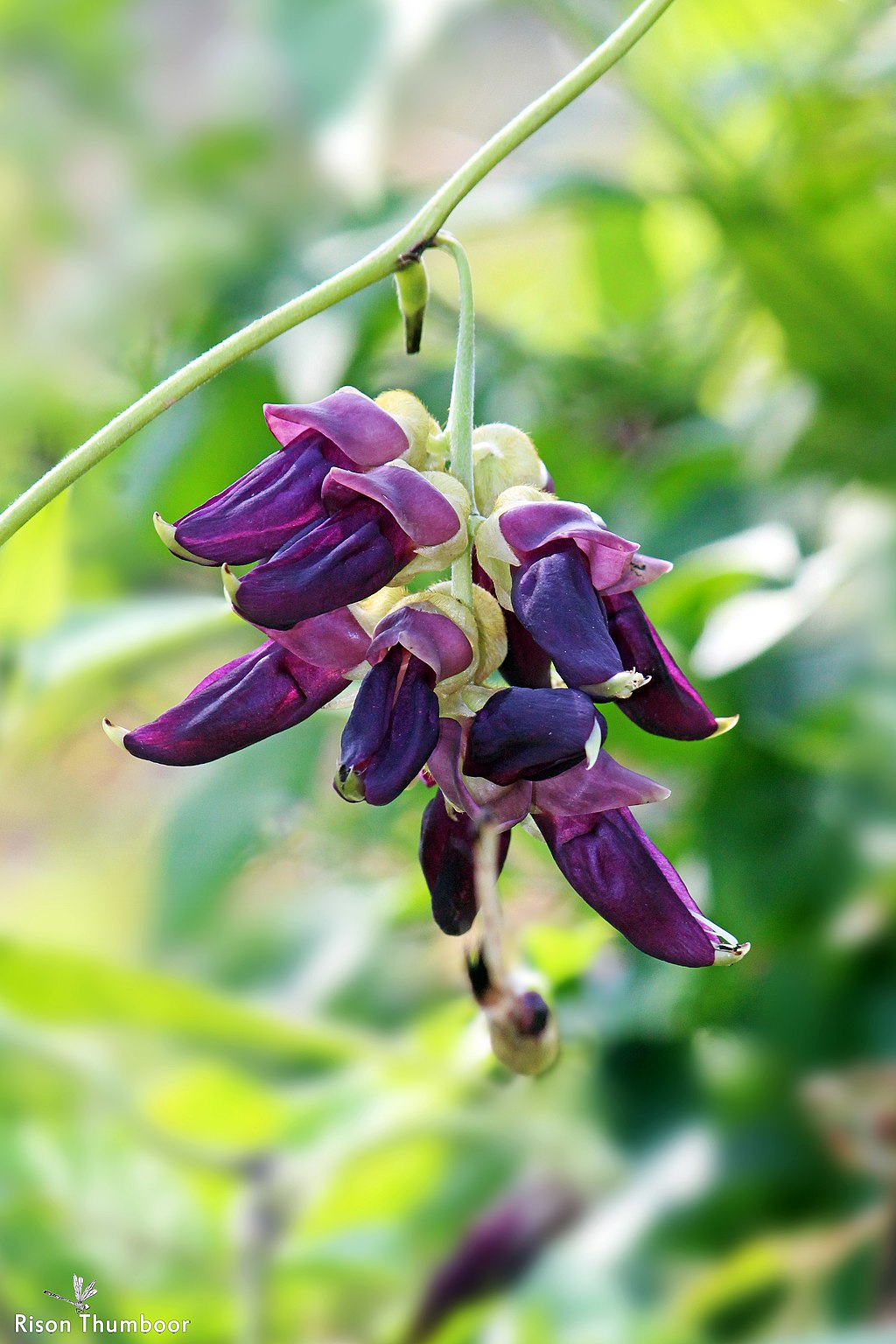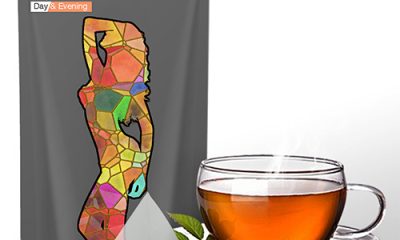Health
Health Benefits of bananas (a guide)

Health Benefits of bananas
Soft and satisfying, practical to take away and eat on the go, present all year round on the stalls of our markets, the banana is a fruit that is unanimous! But is it as nutritionally good as it is for our taste buds? Zoom in on the health benefits of bananas.
Its name comes from the Portuguese banana itself borrowed from the Arabic “banana” meaning “finger”. For the record, the banana would have been the first fruit cultivated by men, and its culture dates back some 12 thousand years!
When we speak of banana without specifying the variety, it is the so-called “dessert” sweet banana that is eaten raw and sweet. There is a second type of bananas known as “vegetable bananas” generally eaten cooked and salted, which belong to the plantain species.
The health benefits of bananas
Bananas contain a lot of nutrients:
Bananas are very nutrient-dense fruit, which means they provide a lot of nutrients in a low volume. Dried bananas are richer in nutrients than fruit bananas, but they are also higher in calories.
The banana fits perfectly within the framework of a slimming diet because it is rich in fibres, minerals, resistant starch: it is therefore very satiating and allows not to crack on calorie bombs.
•It is in particular very well provided with antioxidants, which would make it effective in the prevention of cancers, in particular colorectal cancer.
•It has anti-acid and anti-ulcer effects, which protect the stomach lining from inflammation and which would help prevent ulcers.
•The sugars in bananas are largely resistant starch, which behaves like a “slow” carbohydrate, improving the sensitivity of cells to insulin and tending to regulate blood sugar. This fruit is therefore indicated in people suffering from type 2 diabetes or pre-diabetes.
•It is very rich in potassium, a mineral known to prevent and fight against hypertension and limit the risk of cardiovascular disease.
•It is well supplied with beta-carotene (a precursor of vitamin A), contributes to healthy skin, the growth of bones and teeth, and protects against infections.
•It is rich in magnesium, so it is a very good natural “anti-stress”.
•During sport
Very digestible, rich in carbohydrates and minerals, bananas are the favourite fruit of athletes!
Good to know: the riper the banana, the higher its glycemic index, the less ripe it is, the lower it is. It is therefore wise to prefer a ripe banana before the effort for the boost effect, then a less ripe banana after the effort, for recovery and to recharge its glycogen stocks.
Bananas are also very well supplied with potassium, a mineral essential for muscle recovery, and with magnesium, which is very effective in limiting cramps.
During pregnancy
Pregnant women have increased caloric and nutritional needs, especially from the second trimester. But she frequently suffers from digestive disorders (nausea, bloating) linked to hormones as well as the place the baby takes in her womb, compressing the stomach and intestines.
Bananas, very digestible and rich in carbohydrates, fibres and minerals will therefore provide them with the energy and nutrients necessary to meet their needs and those of the baby. It is therefore a real ally of pregnancy!
When you want to lose weight
Rich in carbohydrates and calories, is banana to be excluded during a diet? No, the banana is certainly a sweet fruit, but it has a large number of nutritional advantages that make it valuable as part of a slimming diet.
Rich in fibres, minerals and resistant starch, bananas effectively satisfy small hunger pangs and not crack on a chocolate bar 4 times more caloric.
The banana also contains tryptophan, an amino acid precursor serotonin, the hormone of the well-being. Perfect for fighting frustrations during a diet!
Are bananas high in calories?
Sweet bananas are among the sweetest fruits, and therefore the highest in calories. A medium-sized banana weighs around 120g and provides about a hundred calories, the average caloric value of the banana being 90 calories per 100g.
Health benefits of dried bananas
Dried banana is a banana from which water has been extracted, making it both richer in nutrients but also calories.
Dried bananas are therefore about three times richer in nutrients, minerals and vitamins than fresh bananas, which makes them extraordinarily interesting from a dietary point of view.
Be careful, however, its caloric value also triples and reaches 250 calories per 100 g, which makes it very energetic.
Dried bananas are therefore a perfect takeaway snack for hiking, fitness walking or before a run because it provides energy and essential minerals and vitamins to the body during physical exercise.
Health benefits of banana juice
Given its low water content, it is not possible to make pure banana juice using an extractor, the product obtained being more like mash.
Banana-based juices are usually made with one or more other fruits that are richer in water, such as orange or apple.
In general and whatever the fruit, it is better to eat it whole and fresh rather than to drink it in the form of juice, where it will tend to lose some of its nutritional qualities (fibre, certain vitamins sensitive to oxidation) Besides, the glycemic index of fruit juice is always higher than that of whole fruit and drinking fruit juice is much less satiating than munching on fruit.
Health benefits of banana chips
Banana chips are made from sliced, fried and salted plantains. I insist: crisps, whether potato, carrot, beet or plantain banana are always fatty foods, very salty and nutritionally denatured insists the specialist, they are very caloric and do not present any particular dietary interests.
On the other hand, it is possible to cook them in the oven rather than in a deep fryer, which greatly limits the intake of extra fat and calories.
What are the side effects of bananas?
Without being able to speak of disadvantage, the banana is indeed richer in calories than the average fruit, it is, therefore, to be consumed in moderation for anyone who is watching their weight.
We will therefore take care to alternate it with other less sweet fruits, such as apple, pear, berries (blackberries, blueberries, blackcurrants…), melon, watermelon or even citrus fruits.
Tips
I recommend eating the fruit whole and fresh, rather than drinking it in the form of juice, which loses some of its nutritional qualities (fibre, certain vitamins sensitive to oxidation), which has a higher glycemic index and which is less filling than the whole fruit.
Health
Benefits of almond milk for weight loss

Discover the benefits of almond milk for weight loss.
We can take advantage of the contribution of healthy fats, amino acids, and fiber from almond milk to lose weight and take care of our general health, since it also has cardiovascular and bone benefits.
Many people have started consuming almond milk to lose weight. Although it is a drink with a high caloric intake compared to other non-dairy milk, its contributions of fiber, amino acids, and healthy fats make it a great option for the diet.
On the other hand, it is a food free of lactose and gluten, and its cholesterol concentration is almost zero. In addition, it is an interesting contribution of calcium, which makes it also suitable for caring for bones. What other benefits does it provide? How do you prepare?
Due to the boom, it has had among Hollywood celebrities, it can now be purchased in commercial presentations. However, its natural preparation is still recommended, since it is the best way to preserve all its properties and avoid chemical additives.
Benefits of almond milk for weight loss
Almond milk has become popular throughout the world as one of the best substitutes for cow’s milk, according to this study from the San Paolo Hospital in Milan, although it is advisable to administer it together with other compounds in the case of babies. It is not only recommended for those who are lactose intolerant and followers of the vegan diet, but also for those who want to take care of their weight and health.
From a nutritional point of view, it stands out for its contribution of omega 3 fatty acids, a type of healthy fat that protects the health of the heart. This nutrient lowers the concentration of cholesterol in the arteries and contributes to proper metabolic function. This is suggested by this research from the University of Chile.
It also makes a light contribution of complex carbohydrates, a macronutrient that helps to have an optimal level of energy. Its slow assimilation keeps the metabolism active and prevents high spikes in blood glucose.
Due to its calcium and magnesium content, its regular consumption also strengthens the bones. Although its contributions are not as high as those of cow’s milk, they are significant to obtaining the body’s requirements.
Another important reason to drink almond milk for weight loss is its amino acid content. As some know, these nutrients are key to losing weight and increasing muscle mass. Its adequate assimilation improves sports performance and reduces the risk of injuries.
How to prepare almond milk to lose weight?
The preparation of almond milk to lose weight does not take too much time and is quite simple. In addition, it is healthier than buying milk that is sold on the market, as it does not contain preservatives or chemical additives.
Ingredients
•1 cup of natural almonds, not roasted (150 g)
•6 cups of water (1.5 liters)
Preparation
•First, soak the almonds in two cups of water (500 ml).
•Let them sit for at least 8 hours, or overnight.
•After this time, discard the soaking water and put the almonds in the blender.
•Add the remaining cups of water and process for a few minutes.
•After obtaining a white and foamy drink, proceed to strain it.
•Use a cloth strainer for best results. Squeeze the milk well and store it in a glass jar with a lid.
Note: Optionally you can add a little cinnamon and honey.
Consumption mode
Have a cup of almond milk at breakfast or during snacks.
If you prefer, use it as a base to prepare your smoothies with fruits and vegetables.
Try to moderate its consumption, since in excess it can add many calories.
How to use leftover almonds?
After straining the almond milk you will be left with fine flour that can be reused. It’s a great option for another healthy diet recipe. However, to store it, you will have to do another process.
Instructions
•Preheat the oven to 350ºF (about 180ºC).
•Meanwhile, spread the almond flour on a tray.
•Put it in the oven and leave it for 15 minutes, until it is very dry.
•Use this flour to replace refined flour when making cookies, bread, or any dessert.
•Did you know? 6 consequences you can suffer from eating refined flour
Contraindications of almond milk
Although almond milk for weight loss provides many benefits, its contraindications should not be overlooked. In case of metabolic disorders, pregnancy, or specific diseases, it is better to consult a doctor before consumption.
•Drinking almond milk in excess can hinder the absorption of iodine.
•It contains substances that can irritate the thyroid gland, causing inflammation.
•It is not recommended for babies.
•Ingested in large quantities, it can trigger migraine attacks due to its tyrosine content.
In summary, preparing almond milk to lose weight has important benefits. However, some special cases must be considered so that its intake is not counterproductive.
Health
20 benefits of Mucuna Pruriens and side effects

Table of Contents
Discover the 20 health benefits of Mucuna Pruriens and side effects.
Mucuna Pruriens , known as velvet bean, is a plant of the legume family.
The original habitat of Mucuna Pruriens extends throughout the tropics on all continents, beginning with Africa, the Caribbean islands, northern Australia, India, Southeast Asia (including Indonesia), and the Pacific islands.
Mucuna Pruriens is a seasonal legume that grows to spread.
This plant can be used for human and animal food (forage and seeds) and environmental services.
The young leaves, pods, and seeds can give some benefits, especially for food ingredients like Tempe which originally comes from Indonesia and is made by fermenting boiled seed paste.
Nutrition facts of Mucuna Pruriens
The nutrients contained in Mucuna pruriens are:
• Energy 32 Kcal
• Protein 24 g
• Fat 3 g
• Carbohydrates 55 g
• Calcium 130 mg
• Phosphorous 200 mg
• Zinc 2 mg
• Vitamin A 70 IU
• Vitamin B1 0.3 g
• Vitamin C 0 mg
20 health benefits of Mucuna pruriens
Of the nutrients above, here are the health benefits of mucuna pruriens:
1.- Benefits of Mucuna Pruriens for cholesterol
According to various scientific studies carried out, the results show that mucuna pruriens has saponin content.
This saponin serves to lower cholesterol levels in the body.
This content binds to bile acids and causes bound cholesterol. So this plant is often called an anti-cholesterol plant.
2.- It works as an antioxidant body
Too much oxidation with the skin can cause free radicals.
Therefore, it is necessary to get as many antioxidants as possible that are useful to prevent the appearance of free radicals.
Mucuna pruriens is also one of the plants that contain flavonoids that produce antioxidants or antioxidants.
3.- Prevents skin aging
The flavonoid content in Mucuna Pruriens is also helpful in preventing premature aging.
Self-aging can occur because the skin is often exposed to air pollution and direct sunlight.
The flavonoid will lift the dull skin and regenerate the dead skin from these problems.
In addition, the flavonoid also protects and maintains the health of the skin.
4.- Avoid allergies
According to the study, after consuming or using Mucuna Pruriens, the body will respond to things that can cause the allergy to be rejected.
So that the body becomes comfortable with the disturbance that surrounds it.
The smell and taste of this plant are also not too strong which can often cause allergies.
5.-Benefits of Mucuna Pruriens for diarrhea
Eating foods and drinks that contain flavonoids like mucuna pruriens is also beneficial for the digestive system.
The benefit is preventing the body from lacking fluids that can cause diarrhea.
This disease is often infected, especially in children.
6.- Increased libido (aphrodisiac)
Inside mucuna pruriens, there is a substance called levodopa and it gives some good effects as an aphrodisiac.
It can increase libido, which can be interpreted as an increase in a person’s sexual desire.
This can happen to both men and women.
According to some studies, especially in Brazil, people use the leaves of this plant to increase male sexual desire and it shows some great results.
7.- Protein producer and energy source
The mucuna pruriens that we already know from above can be used as one of the raw materials of Tempe.
It is also beneficial as a source of protein substitutes apart from the more expensive meats and contains other substances.
Mucuna pruriens serve as an essential nutrient in the body.
This plant contains epinephrine (adrenaline) and norepinephrine that give some effects that can increase energy and focus. It is the same result as a dose of caffeine.
Therefore, consuming it will increase the body’s energy inactivity.
Also, the body will feel full for a long time, and it will make the body feel more energetic.
8.- Heals minor wounds
The sap from the stem of the mucuna pruriens plant is beneficial in treating minor external ulcers.
It is because the content in the stem can heal these minor wounds, such as torn, stabbed, cut, scratched, or lightly burned wounds.
9.- Relieves Parkinson’s disease
Parkinson’s disease is a gradual degeneration of nerve cells in the center of the brain that regulate body movement.
Parkinson’s itself can also lead to other serious illnesses, especially psychiatric problems.
L-dopa contained in the seed of mucuna pruriens is a precursor of dopamine and improves the level of dopamine in the brain.
However, L-dopa is not the only substance responsible for use in the prevention of Parkinson’s disease.
In addition, there are other substances in the seeds that can act as neuroprotectors and reduce the symptoms of Parkinson’s disease.
10.- Helps reduce stress
Feelings of stress can be fatal to the body. This is because if a person is depressed, they will tend to perform actions that are beyond the control of their mind.
Also, it can affect others because that person will try to blame others, get angry easily, and most dangerously, that person can also hurt others to get rid of stress.
Fortunately, the consumption of mucuna pruriens can refresh the mind to be calmer due to the fragrant smell and taste.
11.- Benefits of Mucuna Pruriens for diabetes
Mucuna pruriens contains proteins and some vitamins that are useful in the fight against hypertension.
The study was carried out in mice and concluded that blood sugar levels were lowered by 21.89% in four weeks.
The result of this can also be used by humans. We already know that proteins can maintain blood sugar levels and that vitamins contain antioxidants and pure sugar that do not increase blood sugar levels.
12.- Increases the immune system
Within the mucuna pruriens, there are phosphorus and calcium substances that increase resistance and white blood cells.
According to 1996 research at the University of Arkansas, phosphorus deficiency is often associated with vitamin D and calcium deficiency.
These nutritional deficiencies can enhance the autoimmune disorder.
13.- Helps maintain the nervous system
The content of vitamin B1, phosphorus, and iron in Mucuna pruriens is very important to keep the nervous system working properly.
Phosphorus is one of the important minerals in the body. Phosphorus directly maintains normal neural activity.
While iron plays a role in red blood cell regulation, it remains awake, so the nerve can work optimally.
14.- It can substitute Viagra for the reproductive system
Popular research claims that couples who have healthy and active sex lives are relatively happier and even live longer.
But this can be problematic if the man has erectile dysfunction.
Viagra is the most popular pill for increasing sexual desire/libido in men and it also helps with erectile dysfunction.
People of all ages use these blue pills which hurt health.
Therefore, the consumption of mucuna pruriens becomes a more natural substitute for viagra.
In addition, it is good for normal fertility, healthy sperm and eggs, proper functioning of the reproductive organs, and proper genital secretions.
Here are more health benefits of Mucuna Pruriens.
15.- Good for diet and losing weight
16.- Protect the heart
17.- Circulate the blood flow
18.- Fight against cancer
19.- Good for pregnant women
20.- Make the digestion system work smoothly
Side effects of mucuna pruriens
Contains hydrocyanic acid
Mucuna pruriens contains acid cyanide poison (HCN), especially in the seeds.
This is what reduces the interest in consuming this plant.
One way to eliminate it is by soaking the beans in the water for 1 day, with every 6 hours to replace the water.
This experiment has been done many times and the result is very good but it is too complicated for people who always want an instant path.
It can cause vomiting, headaches, and poor sleep
We should not consume too much mucuna pruriens because it can cause some problems such as vomiting, headaches, and insomnia.
These are all the health benefits of mucuna pruriens.
However, there are some side effects if we eat or use too much. Stay healthy and good luck.
Health
3 Benefits Of Lemon On The Face That Will Beautify You

Discover the 3 Benefits Of Lemon On The Face That Will Beautify You.
The benefits of lemon on the face are many since it is a perfect ally in the cure of conditions such as acne, blemishes; Lemon on the face gives our skin a special shine, in addition to being a very easy and inexpensive facial treatment, which we can access without any problems.
Lemon is a fruit that is rich in vitamins C, an antioxidant that helps prevent the appearance of threatening expression lines, and it is about the great benefits of lemon on the face and that way you can have the face of a model magazine, so we invite you to continue reading this interesting post.
3 Benefits of lemon on the face that will make you look like a magazine model.
As we mentioned earlier and in other articles, which we invite you to read, is that lemon is considered a great source of vitamin C, this vitamin is a powerful antioxidant that can help you reduce the appearance of fine lines, which are without a doubt our sworn enemies.
The vitamin C found in lemon is capable of stimulating the production of collagen, another of the benefits of lemon on the face is that it helps to heal the tissues.
For this reason, the skin repairs itself and protects itself from free radicals, which are not only the cause of premature aging but also the development of degenerative diseases.
One of the properties of vitamin C that is present in lemon inhibits the production of melanin, which is why the skin can be noticed with a more uniform tone.
The citric acid found in lemon acts as a gentle exfoliator to remove dead cells and give your skin a healthier appearance.
Lemon juice has a slightly sour taste, so it can cause temporary skin irritation; so people who have sensitive skin should dilute it in a little water, if you notice that it burns a lot, the idea is to rinse it immediately.
1.- Skin whitening.
If you want to even out skin tone, lemon juice on the face can be applied externally at least once a day, for best results fresh lemon juice should be used if they are organic much better.
You can dilute lemon juice in water or green tea, with the latter enhancing its antioxidant power in unimaginable ways; As the skin gets used to the power of the lemon, you can increase the concentration of the juice.
You will notice how the spots on your skin gradually diminish, with the regular use of this remedy you may notice changes in a month to six months, depending on how stained your face is.
2.- Eliminate excess fat.
An oily face will never look quite right, the places where it accumulates the most are the forehead, chin, and around the nose.
To hide those greasy areas you can wet a cotton ball with the juice of half a lemon and gently clean the affected areas, it is important that you avoid the use of lemon in the area near the eyes, on wounds, or skin rashes.
3.- The open pores.
If you want to reduce the size of the pores on your face, one of the benefits of lemon on the face is an easy and very inexpensive remedy, it can be applied in the same way as it is used to remove fat from the face.
Important note.
It is important to clarify that you should avoid exposure to the sun when you have placed lemon on your face; Since this makes the skin more vulnerable to the sun’s rays, which has the consequence that the skin becomes stained.
For this reason, it is recommended that any of the lemon-based remedies you use for your skin be done at night, and you should wash your face the next morning very well before going out.
Other uses of lemon on the face
• The lemon peels are an excellent exfoliant, with these you can eliminate blackheads, in the same way, we can use the lemon along with the sugar.
• If you are looking for a nourishing mask you can do it with a tablespoon of lemon juice, along with one of honey and a few drops of almond oil, this is an excellent natural and very inexpensive anti-wrinkle cream.
• A mask for oily skin is one based on a beaten egg and a tablespoon of lemon juice, if your skin is dry you can do it with honey and olive oil, you will achieve a dream complexion.
• To lighten your skin you can take advantage of a tablespoon of lemon juice, cucumber, tomato, and sandalwood paste, use a tablespoon of each product and mix them very well; you put this mixture on your face for 15 minutes and then wash your face well.
• As always keep in mind that when applying lemon-based treatments, you should not expose yourself to the sun, so do them at night. It is time to enjoy the benefits of lemon on your face and have a model face.
Knowing the benefits of nature and technology can help us improve our health and the way we see life. If you want to know more about our topics, we invite you to continue reading our interesting posts and to follow us on our social networks
-

 Food1 year ago
Food1 year ago10 + Benefits of carrot juice and side effects
-

 Health12 months ago
Health12 months ago50 Super Healthy (And Very Often Cheap) Foods
-

 Health1 year ago
Health1 year ago5 Shocking health benefits of kinkeliba and side effects
-

 Food1 year ago
Food1 year ago8 shocking benefits of leek juice and side effects
-

 Health1 year ago
Health1 year agoBenefits of guava leaves Sensually
-

 Weight Loss1 year ago
Weight Loss1 year agoChaz Bono weight loss secret
-

 Benefits2 months ago
Benefits2 months agoThe Benefits of Joining Gym Lumolog – Improve Your Fitness & Health
-

 Health1 year ago
Health1 year ago13 shocking health benefits of Thai eggplant












